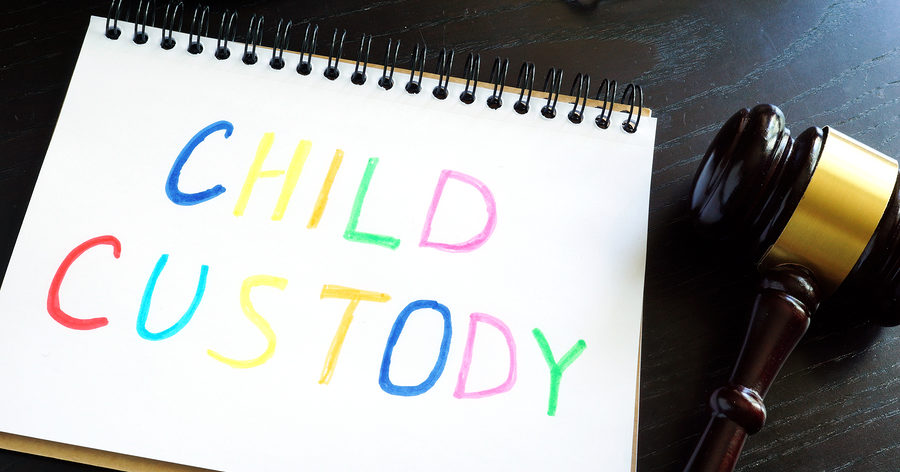Child custody matters are arguably the most serious challenges that arise between two contending parents, or even step-parents and grandparents. After all, the top priority of all parents is the well-being and happiness of their children. If you are wondering what your child custody options and expectations are, you must consult with a seasoned Florida family lawyer for professional advice that is customized to your unique situation.
Continue below to learn exactly what you need to know and how to get started.

Child Custody Basics
Physical and legal custody are the two types of child custody recognized by Florida Law. Physical custody denotes the actual residence of the child, and legal custody refers to who can make major decisions regarding a child’s upbringing. Applying these two primary categories of custody, there are several different custodial arrangements that can be made depending on family’s particular circumstances. For instance, both parents can share legal custody while one maintains primary physical custody and the other has visitation rights, or one parent can have sole legal and physical custody.
Helpful Child Custody Links:
⚖ Frequently Asked Questions About Kids and Divorce
⚖ Learn What You Need to Know About Legal Guardianship in Florida
⚖ Are Child Custody, Visitation and Timesharing the Same?
⚖ Who Gets Custody After a Divorce?
Florida Child Custody Legal Guidance
When it comes to children, legal disputes and differences among parents and guardians can have a dramatic impact on their mental and physical well-being. For this reason, it is best to resolve your child support and child custody matters through professional family law mediation. Here at the Law Office of Shane T. Herbert, we take the time to learn our client’s unique situation, walking through all objectives and prioritizing their goals so that we may find a workable resolution to their child support and child custody matters as efficiently and cost-effectively as possible.
Whether you are looking to readjust child support payments, make modifications to your visitation agreements, or fight for custody of your children, Attorney Shane T. Herbert and his team can help. We handle a wide range of child custody and child support cases, from modifications and mediation, to paternity, contempt, enforcement, violations, termination, and even support from estates of deceased parents. You can trust that our teams are working your case with the best interests of you and your children in mind at all times.
Contact Attorney Shane T. Herbert Today
Call our office directly at 407-887-7058 to learn what you need to know about child custody and support in Orlando, Florida. Our seasoned family law firm is based out of Orlando, and conveniently located in the Metro West area, within the Offices of Veranda Park, which offers free parking. However, office visits are not required for initial consultations, so you can inquire about your legal needs in the comfort of your own home. We can provide initial information over the phone or via video conference, such as Skype.








